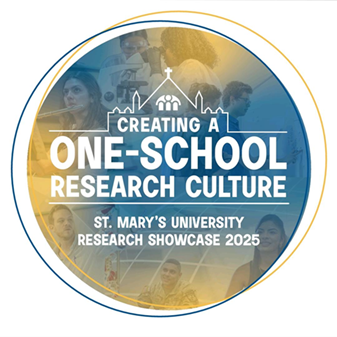Files
Download Full Text (1.1 MB)
Digital Publisher
Digital Commons at St. Mary's University
Publication Date
Spring 2025
Keywords
Cancer; cell line; RNA
Description
Cancer remains a leading cause of death worldwide, and childhood sarcomas such as Rhabdomyosarcoma (RMS) and Ewing Sarcoma (ES) are particularly aggressive with limited targeted treatment options. Despite advancements in cancer therapies, metastatic sarcomas still have a survival rate below 30%, emphasizing the need for new therapeutic targets. SOX18, a transcription factor has played a role in vascular development and endothelial differentiation, functioning as a key driver of angiogenesis. In cancer, increased SOX18 expression has been linked to dysregulated cell migration, invasion, and therapy resistance mechanisms. However, the extent to which SOX18 influences RMS and ES at the transcriptional level remains an open question.
The cell lines (ES7, ES8, RH41, JR1) were sent for RNA sequencing and bioinformatics analyses to characterize the transcriptomic effects of SOX18 overexpression. By identifying differentially expressed genes (DEGs) and enriched signaling pathways, this study seeks to find the potential mechanisms by which SOX18 contributes to sarcoma progression, therapy resistance, and immune evasion. We explore whether SOX18’s transcriptional influence in Ewing Sarcoma is primarily linked to immune modulation, extracellular matrix (ECM) remodeling, or epigenetic regulation. Given the distinct molecular landscapes of ES7 and ES8, this research also seeks to explore whether SOX18 exerts differential oncogenic effects in different Ewing Sarcoma subtypes, potentially guiding future therapeutic strategies targeting SOX18-driven pathways.
Format
Size
1 Page
City
San Antonio, Texas
Creative Commons License

This work is licensed under a Creative Commons Attribution-NonCommercial-No Derivative Works 4.0 International License.



